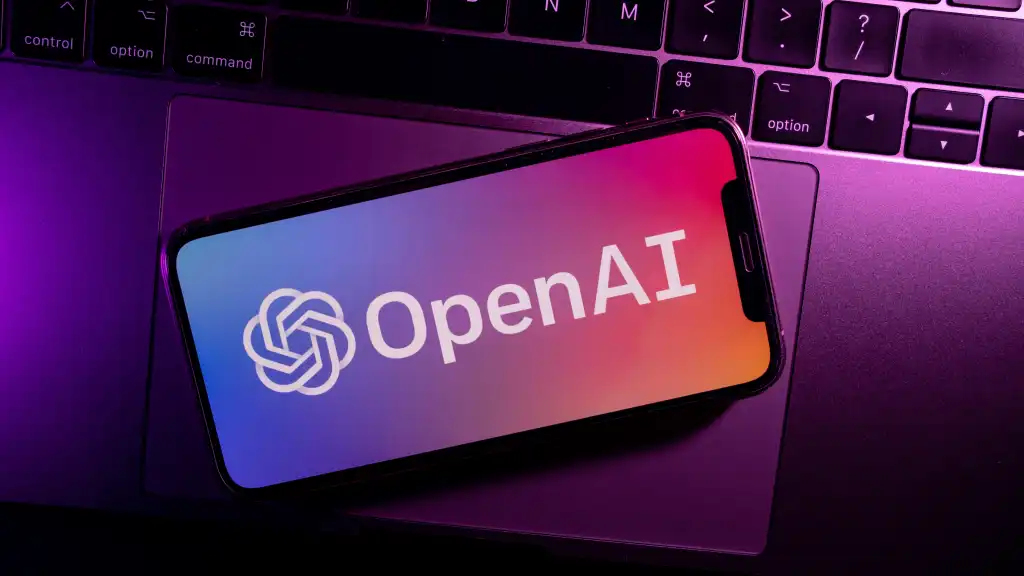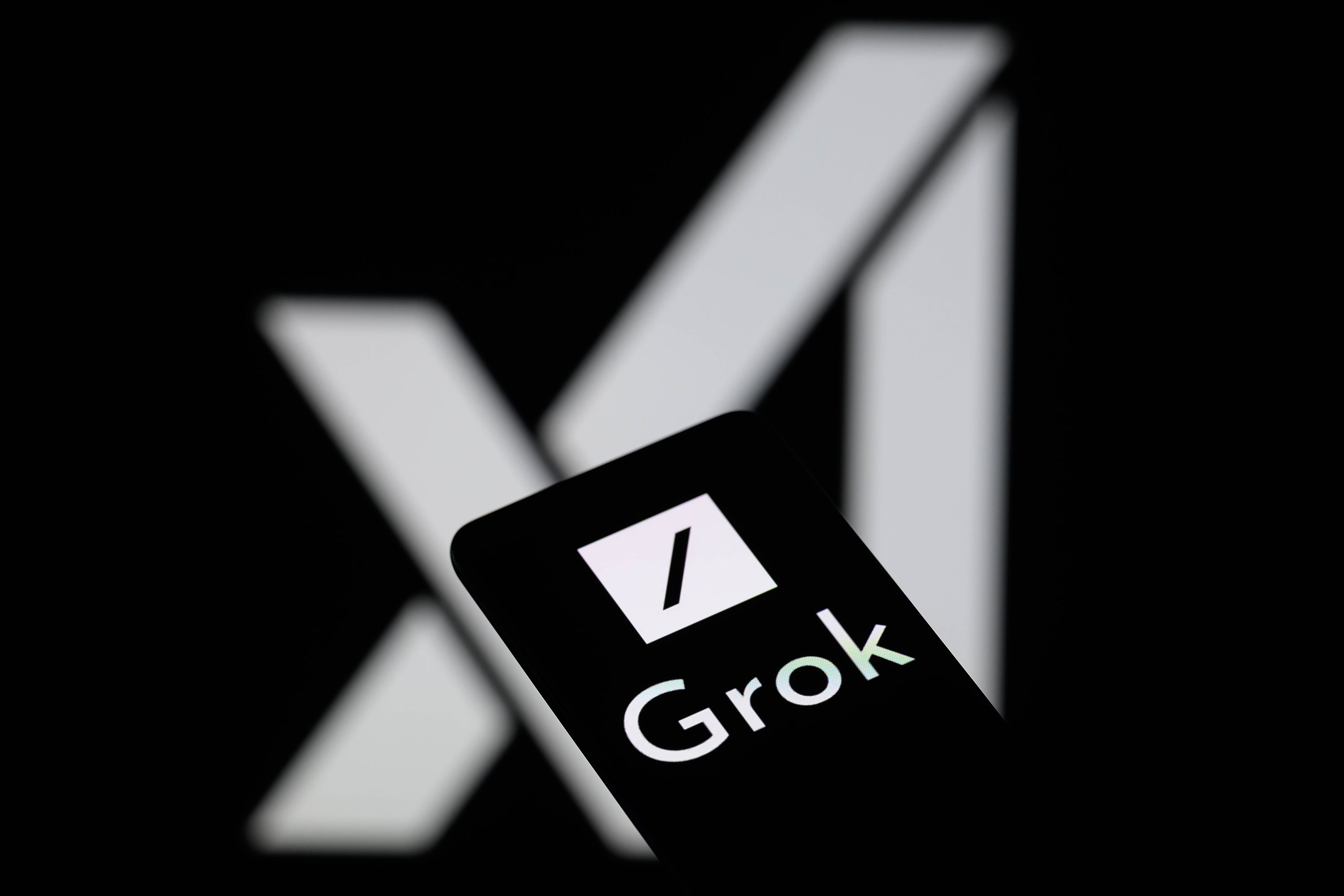
ChatGPT Sends Millions to Verified Election News, Blocks 250,000 Deepfake Attempts
AI
Zaker Adham
09 November 2024
07 August 2024
|
Zaker Adham
Summary
Summary
A federal judge has labeled Google as a monopolist intent on stifling its competition. However, creating alternatives to a search engine synonymous with internet exploration is a complex process that could take years, especially as Google plans to appeal the landmark decision issued by U.S. District Judge Amit Mehta on Monday.

In the meantime, technological advancements, particularly in artificial intelligence, may bring about changes more swiftly than any legal proceedings. AI innovations, such as OpenAI's ChatGPT and Google's own Gemini, are likely to reshape how consumers navigate the internet long before the nearly four-year-old case brought by the U.S. Justice Department reaches a conclusion.
Despite this, Mehta's 277-page ruling presents significant challenges for Google, challenges that founders Larry Page and Sergey Brin likely never anticipated when they revolutionized internet search as Stanford University graduate students. They eventually left Stanford to start Google in 1998, adopting "Don't Be Evil" as their corporate motto.
Page and Brin, who remain the controlling shareholders of Google's parent company Alphabet Inc., initially positioned their startup as a crusader for superior technology compared to Microsoft's offerings at the time. Microsoft's dominance in personal computer software and its anticompetitive practices in the 1990s led to a Justice Department case that ultimately helped Google rise to prominence in search, maps, cloud computing, email (Gmail), web browsers (Chrome), and video (YouTube). Now, the roles are reversed, with Google facing potential legal constraints while Microsoft, bolstered by its investment in OpenAI, makes strides in AI. Some experts speculate that Google could be forced to break up its business, similar to how AT&T was divided into "Baby Bells" over 40 years ago.
Google CEO Sundar Pichai, who took over from Page in 2015, will need to navigate the legal challenges while focusing on the industry's shift to AI technology, which is expected to be as transformative as the mobile computing revolution sparked by Apple's iPhone in 2007. The debate on how to restructure Google will begin on September 6 with a hearing in Washington, D.C., before Judge Mehta, who also presided over the 10-week trial last year that led to his antitrust decision.
Google plans to appeal, maintaining that it has done nothing wrong and has simply built and maintained a superior search engine for over 20 years. The company argues that competition is just a few clicks away, with alternatives like Microsoft's Bing, DuckDuckGo, and AI-powered options such as Perplexity and ChatGPT available to consumers.
While Mehta acknowledged the quality of Google's search engine and its initial popularity, he concluded that the company used unfair tactics to maintain its dominance over the past decade. Google secured lucrative deals to be the default search engine on devices like the iPhone and various PCs, which accounted for 60% of its search traffic in 2017. These deals, worth $26 billion in 2021 alone, allowed Google to collect valuable data to improve its search engine, giving it an edge over competitors.
Mehta's focus on these default search deals suggests he may ban them in the next trial phase, which could impact other companies, especially Apple. Apple, which earns about $20 billion annually from its arrangement with Google, might have to develop its own search technology if the deals are prohibited. Google's analysis estimated that this would cost Apple over $30 billion initially and an additional $7 billion annually to maintain.

AI
Zaker Adham
09 November 2024

AI
Zaker Adham
09 November 2024

AI
Zaker Adham
07 November 2024

AI
Zaker Adham
06 November 2024